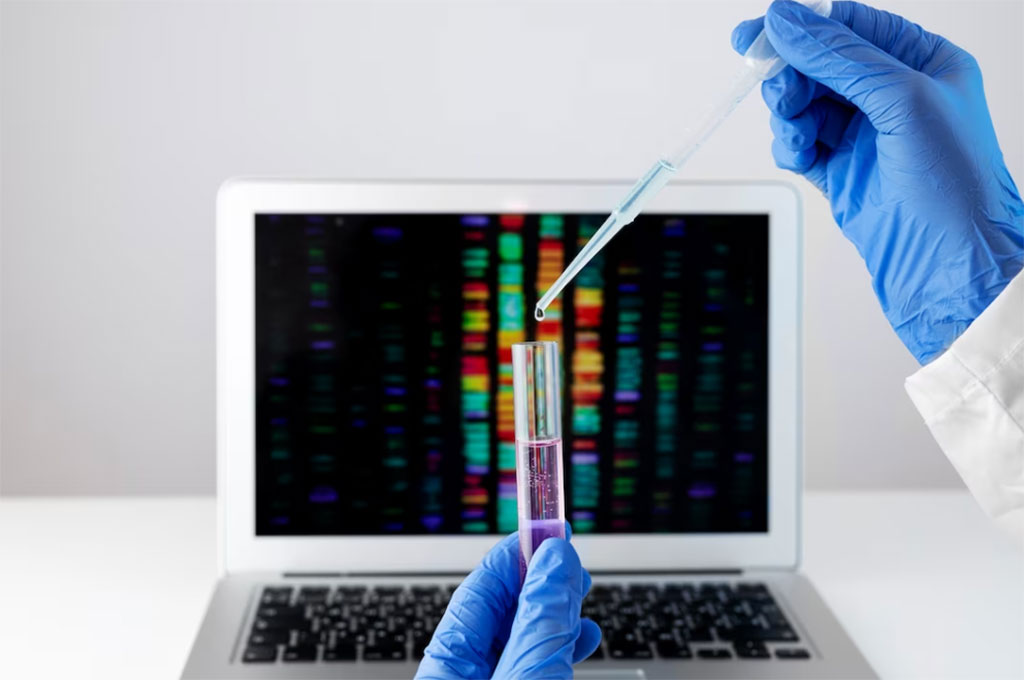AI-Driven Prognostic Test Assesses Risk of Early Kidney Transplant Rejection
Posted on 05 Jul 2023
Existing methods of classifying patients as low-risk or high-risk for rejection while awaiting transplantation rely on generic factors such as race, retransplantation, recipient's age, and the presence of antibodies against frequent donors. Now, a novel test utilizes an RNA gene signature to help determine an individual patient's risk for acute rejection during the pre-transplant assessment for a kidney transplant. This can enable clinicians to accurately determine a patient’s immunosuppression level in a more personalized way.
Verici Dx’s (Franklin, TN, USA) Clarava is a pre-transplant prognostic test designed to evaluate a patient's immune response and determine the risk of early kidney transplant rejection. The test employs RNA sequencing and artificial intelligence to determine an RNA signature from gene expression. Identifying RNA signatures related to graft tolerance might also present opportunities to discover new biological markers or therapeutic targets, thereby personalizing immunosuppressant therapy. The synergy of next-generation RNA sequencing and deep learning provides crucial molecular insights for understanding the mechanisms behind kidney graft tolerance. Armed with this knowledge, advanced machine learning algorithms can be utilized for making accurate prognoses or diagnoses about kidney transplants, ultimately improving patient outcomes—all through a single blood sample. Using just a simple blood draw, Clarava can help clinicians to treat millions of eligible patients each year upon its commercial launch before the end of 2023.

Verici has reported positive validation results from its prospective, blinded, clinical validation study for Clarava. The study involved 122 patients from a wide and diverse range of backgrounds who were preparing for a kidney transplant, and who had various rejection outcomes. Conducted across 13 centers in the US, Europe, and Australia, the study showed a sensitivity of 78% and specificity of 64% in identifying patients at an increased risk for kidney rejection during the critical 60 to 90 days post-transplant after receiving a kidney from a deceased donor. The analysis of its clinical performance revealed that the test could distinguish between high-risk and low-risk patients, with high-risk patients being approximately six times more likely to experience rejection.
Related Links:
Verici Dx













